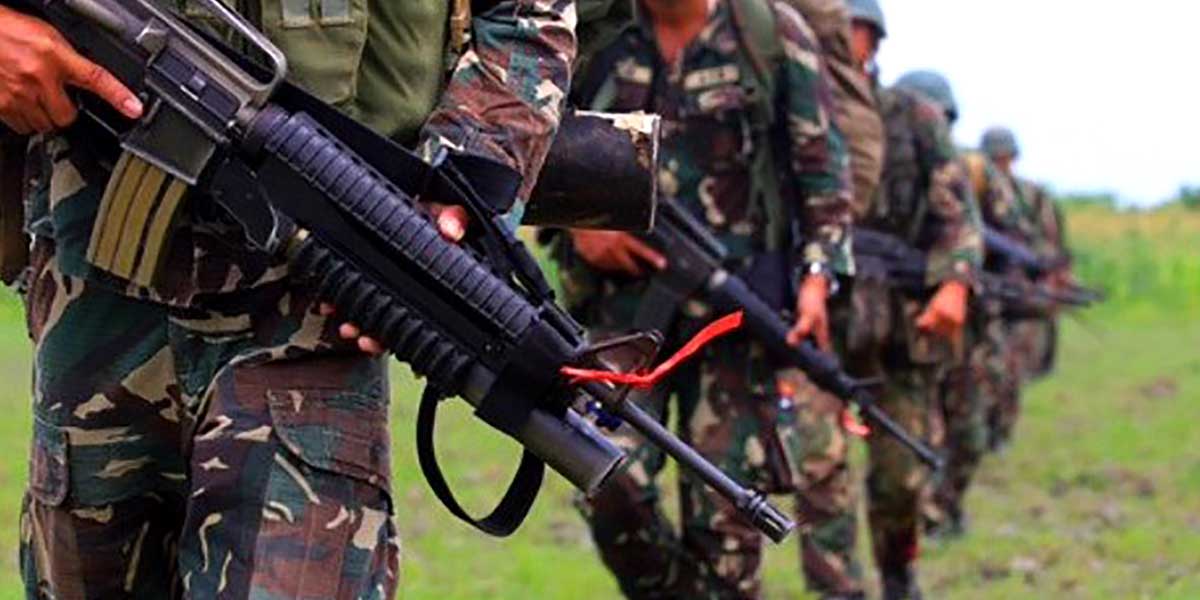A recent study by Plan International’s Safeguarding Against and Addressing Fishers’ Exploitation at Sea (SAFE Seas) project reveals how the negative effects of forced labor and human trafficking on fishing vessels affect women and their families, how they cope with these effects, and their potential as key advocates for fair working conditions at sea.
Conducted in project sites in General Santos City, Glan and Kiamba in Sarangani Province, the study takes a closer look at women’s awareness of forced labor and trafficking in persons on fishing vessels, and the active roles they can play to reduce cases of labor abuse in fishing.
Impacts of forced labor and human trafficking on women
According to the study, the top three negative impacts of forced labor and human trafficking on fishing vessels to fishers’ wives are anxiety and stress, having to take on additional work on top of their daily household chores to make ends meet and managing household indebtedness.
“While women are not direct victims of labor exploitation in the fishing sector, they bear the brunt of its knock-on effects on their families on top of their daily household workload. Both the husbands and wives suffer in different ways,” says Adon Gaudiano, SAFE Seas Project Manager.
This result appears to be consistent with the type of abuses directly experienced by fishers. Manipulation of salary and debt are common tactics that employers use, and can lead to stress, financial pressure and increased debt burden for families.
“As wives, we feel the burden. Since we are left to take care of our children, we had to look for ways to find additional sources of income to feed the kids and pay for their education. Lack of money leads to kids not being able to pursue education and to female kids marrying early,” says one of the respondents. In some cases, children had to stop going to school to work and help support the family.
“Plan International is an organization committed to advance, protect and fulfil children’s rights and equality for girls. To truly protect children and youth, we also have to mind the welfare of their parents, guardians and families,” says Ryan Lander, Plan International Philippines’ Programme Director.
The average monthly income of a fishing household with five members is usually around PHP7,000.00 ($144). This translates into a daily wage of PHP233.00 ($5), below the legal minimum wage in the Philippines. However, in the fishing industry context, this amount is not guaranteed, as fishers’ salaries may vary depending on the catch and deductions made by their employers. Irregularity of payment and lack of transparency on how the salary is calculated are just some of the factors that contribute to the vulnerability of fishers to labor abuse.
“My husband is a fisherman [but] fishing is a job that we cannot rely on. Fishermen will get a 22% share of their catch while the boat owner gets 78%. If they have no catch, they don’t earn anything. To add to our hardship, sometimes they get paid two weeks after docking. How [can] we survive [for] another two weeks? So, I give in to loan sharks and pay interest knowing that this can eat up a big chunk of our earnings,” shared a fisher’s wife.
Borrowing money from informal money lenders like loan sharks or from boat owners in the form of cash advances is a common coping practice in fisher households. Nearly half of the respondents had debt (49%). The study shows that women often appear to be the lead decision-makers regarding household finances and negotiating loans.
Women’s potential roles against forced labor in fishing
The study also explores the extent of women’s power and ability to make strategic life choices in fisher households, how the concept of empowerment can help them create a path toward gender equality and reduce or mitigate exploitative practices on fishing vessels.
Cultural gender norms are the root cause of gender inequality within the fishers’ households and communities. When describing the role of women, commonly used terms include wife, mother, child-bearer or homemaker, which conceptualize women’s primary obligation as attending to the needs of the family, while men are perceived as the main provider.
“I wanted to complain about the boat owner, but I do not know who to contact. But if there is any, I would not be afraid to report. I am my husband’s voice,” says Nini, a fisher’s wife whose husband had an accident while at sea and did not receive any support from the employer.
Far from being passive partners in fisher households, the study findings suggest women are central to their family’s well-being, especially when experiencing financial difficulties. In Sarangani and General Santos City, most cases of fishers caught and detained abroad are brought to the attention of authorities because their wives/mothers reported and asked for help.
“Women have so much potential as advocates for better working conditions in fishing,” says Lander. “We recognize this potential and through the SAFE Seas project, we can help empower them to be the voices of their husbands, sons, and relatives and speak up against labor exploitation at sea.”
Considering women’s representation and participation in local community organizations, they can be drivers of change and effective advocates for raising awareness on forced labor and human trafficking on fishing vessels. Through collective action, they can also play crucial roles in advocating and applying pressure to the local government for more action against labor violations.


















